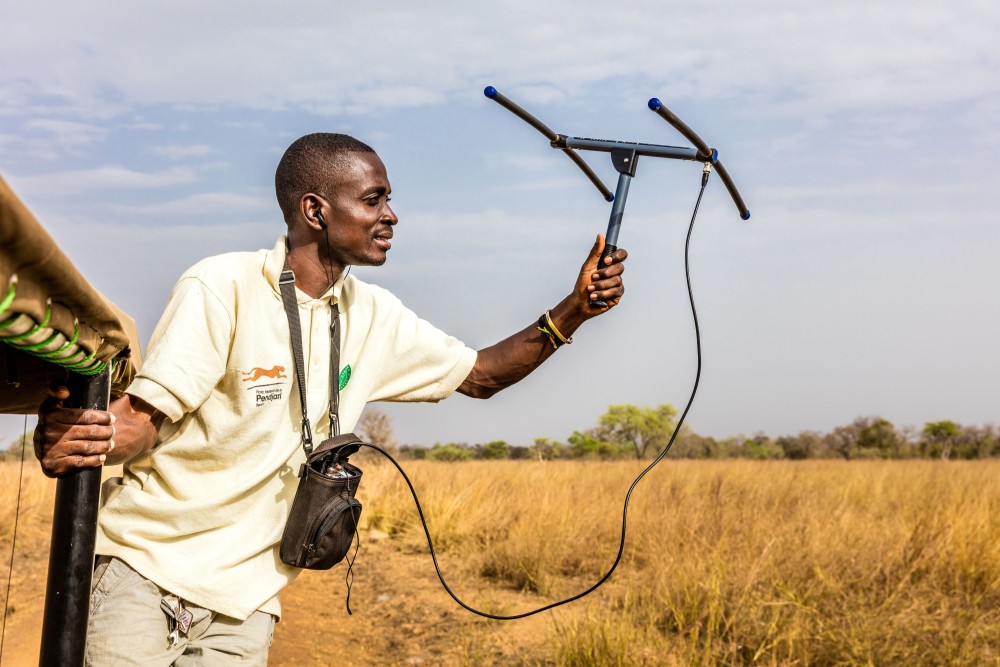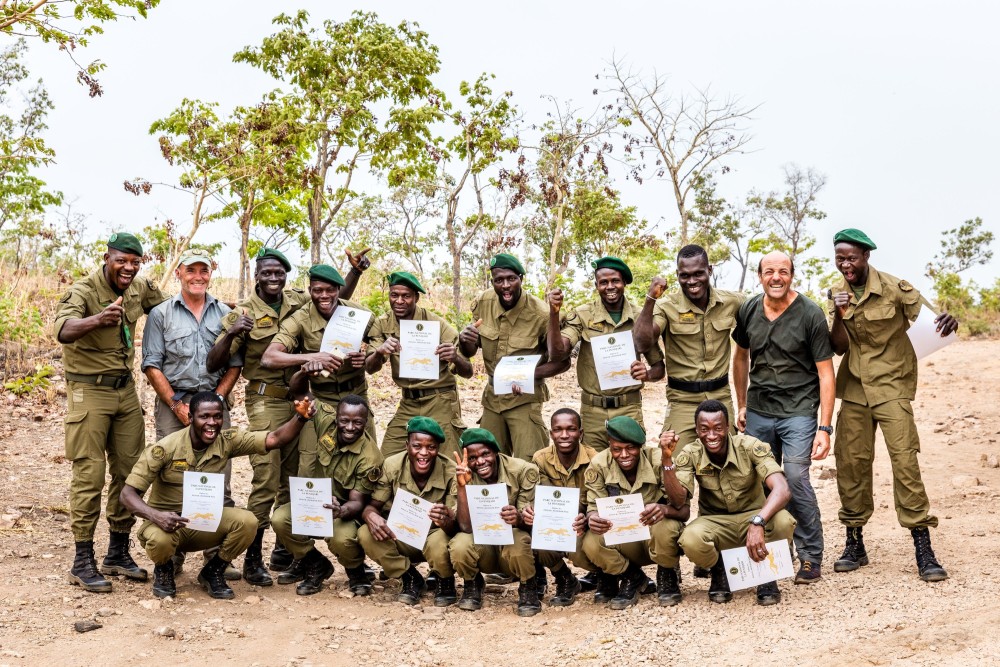Pendjari National Park is part of the largest remaining intact ecosystem in West Africa – the W-Arly-Pendjari (WAP) complex – and an important refuge for West African wildlife. Mammal species found here include elephant, buffalo, lion, cheetah, leopard, as well as hippo, tsessebe, hartebeest, Buffon’s kob and Defassa waterbuck. The park also hosts over 460 bird species. BirdLife International has identified Pendjari as an Important Bird Area (IBA) which recognises that the area is home to threatened and/or range-restricted species and is important for their protection.
Monitoring and Survey

An aerial survey is carried out every two years to estimate the population sizes of large mammal species and to understand their movements across the park and the WAP Complex. In 2022, while some counts were postponed due to security issues, the survey that took place showed a stable trend in elephant, buffalo, hartebeest and roan antelope numbers. A telemetric monitoring system of key species such as lion, leopard and cheetah has been implemented, including the collaring of three elephant.
A glossary for riparian flora species was developed in the local language, in collaboration with the Royal Belgium Institute of Natural Sciences (RBINS) and the Laboratory of Applied Ecology in Benin. In the same year, three boreholes were constructed for improved water availability for wildlife and three weather data collection stations installed.
Conservation Law Enforcement

An increase in elephant and bushmeat poaching, agricultural pressure, livestock numbers along the park periphery are all factors that threaten the long-term conservation of the park. The ranger team was bolstered by 37 new members, along with more than 15 specialised training and refresher courses.
Improved information analysis systems have been implemented, moving from a reactive anti-poaching strategy to active counter-poaching strategy. This will prevent poaching activities from taking place by disrupting illegal activities. Through collaboration and information gathering, an intelligence system is being implemented to enhance our law strengthening and effective judicial monitoring efforts.
